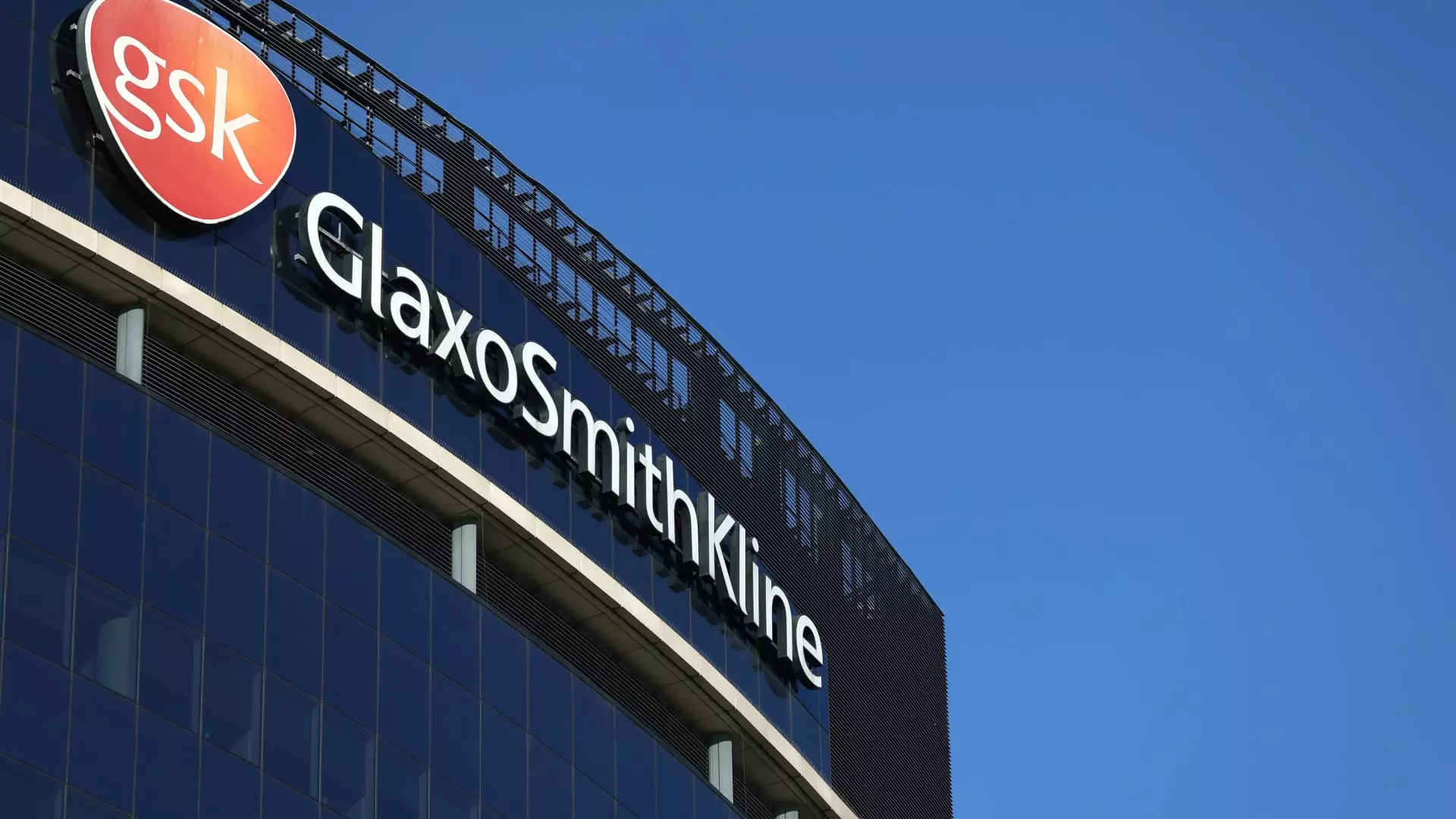The Food and Drug Administration (FDA) has recently extended the approval of GSK’s respiratory syncytial virus (RSV) vaccine, Arexvy, to include adults between the ages of 50 to 59 who are at heightened risk of severe illness from the potentially deadly virus. This marks a significant milestone as the first-ever vaccine endorsed by the FDA to safeguard individuals in that age bracket against RSV. Initially sanctioned in May 2023 for individuals aged 60 and older, who are more susceptible to severe RSV cases, GSK’s vaccine has now been deemed pivotal in protecting a broader range of individuals, including those who fall within the 50 to 59 age group.
A prevailing threat amongst the senior population, RSV is responsible for causing numerous hospitalizations and fatalities each year, as highlighted by data from the Centers for Disease Control and Prevention. However, RSV poses a significant risk to adults aged 50 and above, particularly those with underlying chronic conditions such as asthma, diabetes, and congestive heart failure. With an estimated 13 million Americans between the ages of 50 to 59 falling under the high-risk category for severe RSV complications, the expansion of GSK’s vaccine approval underscores a critical focus on safeguarding vulnerable demographics.
While the FDA’s expanded approval of GSK’s Arexvy vaccine has opened new avenues for protecting high-risk adults aged 50 to 59, the process of reaching this patient population is still pending. An upcoming vote by an advisory panel to the CDC in June will determine the recommendations for GSK’s vaccine, in conjunction with rival vaccines from Pfizer and Moderna. This pivotal decision holds significant implications for GSK’s positioning within the RSV market landscape during the impending fall and winter seasons, traditionally characterized by widespread virus transmission in the United States.
GSK’s continued dominance in the RSV market is evident through the substantial revenue generated by its Arexvy vaccine, amounting to approximately £1.2 billion last year. This figure surpassed the revenue from Pfizer’s vaccine by £390 million, positioning GSK favorably in the competitive market. With ambitious revenue projections exceeding £3 billion in peak annual sales over time, GSK remains confident in the sustained success of Arexvy, despite the evolving competitive landscape characterized by emerging vaccine alternatives.
Demonstrating robust efficacy in high-risk adults aged 50 to 59 with underlying medical conditions, GSK’s Arexvy vaccine exhibited promising results in a late-stage trial. The single-dose regimen elicited a favorable immune response comparable to that observed in individuals aged 60 and above, indicating consistent efficacy across different age demographics. Moreover, safety data revealed manageable side effects such as fatigue, headache, and muscle pain, predominantly mild to moderate in severity, thereby affirming the vaccine’s tolerability profile among recipients.
Looking ahead, GSK’s ongoing research initiatives aim to broaden the utility of Arexvy across diverse patient cohorts, including individuals aged 18 to 59 at heightened risk of severe RSV and adults with compromised immune systems. Anticipated trial data in 2024 will shed light on the vaccine’s efficacy within these target populations, paving the way for extended vaccine coverage. In parallel, regulatory evaluations in key regions such as Europe, Japan, and other territories underscore GSK’s commitment to expanding Arexvy’s global presence, thus underscoring the company’s strategic vision for advancing public health on a global scale.

